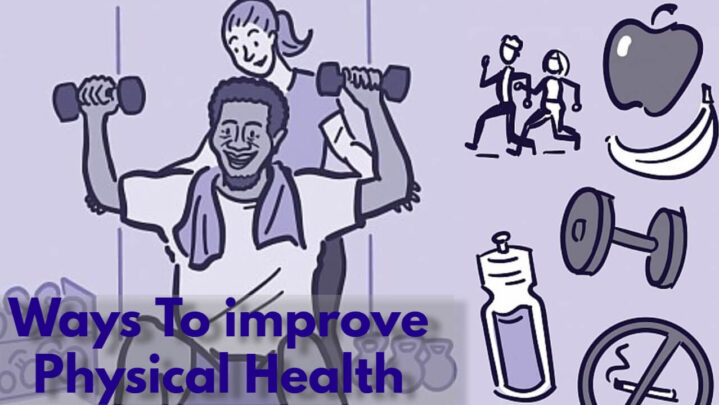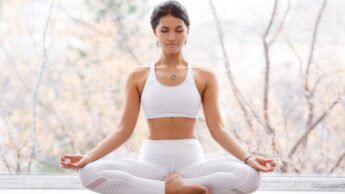Some of the negative impacts of stress on physical health include:
Chronic stress can cause high blood pressure, heart attack, and stroke.
Stress can induce acid reflux, ulcers, and irritable bowel syndrome.
Musculoskeletal issues: Stress can induce tension headaches, back discomfort, and muscular pain.
Acne, eczema, and psoriasis can all be caused by stress.
Stress can result in overeating and weight gain.
Insomnia and other sleep disorders can be caused by stress.
It is critical to engage in regular physical exercise, consume a nutritious diet, and get adequate sleep to manage stress. Deep breathing, yoga, and meditation are all relaxation practices that might be beneficial. It is also critical to have a solid support network of friends and family and to seek help if necessary.
It is also critical to recognize and handle stressors in your life. Setting boundaries with individuals who cause stress, learning to manage time more efficiently, and making adjustments to your job or living circumstances as needed are all examples of stress management.
It’s also beneficial to consult with a therapist or counselor to learn how to handle stress and create coping mechanisms. It is also critical to get medical attention if you are having physical problems due to stress.
Stress may have a substantial influence on both physical and mental health. Stress may cause feelings of anxiety and sadness, and it can exacerbate symptoms in those who already have a mental health issue.
Regular exercise is an important strategy to deal with stress. Exercise has been demonstrated to lower stress and enhance overall mental health. It can also assist to enhance sleep, which can be affected by stress.
Self-care is another vital method to deal with stress. This may involve eating a good diet, getting adequate sleep, and having time to rest and decompress. This can be accomplished by activities such as reading, listening to music, or spending time in nature.
It is also critical to practice stress-reduction strategies such as deep breathing, gradual muscle relaxation, and visualization. These practices can assist to relax the body and mind and lessen stress.
Also Read: Physical And Mental Health: The Connection





